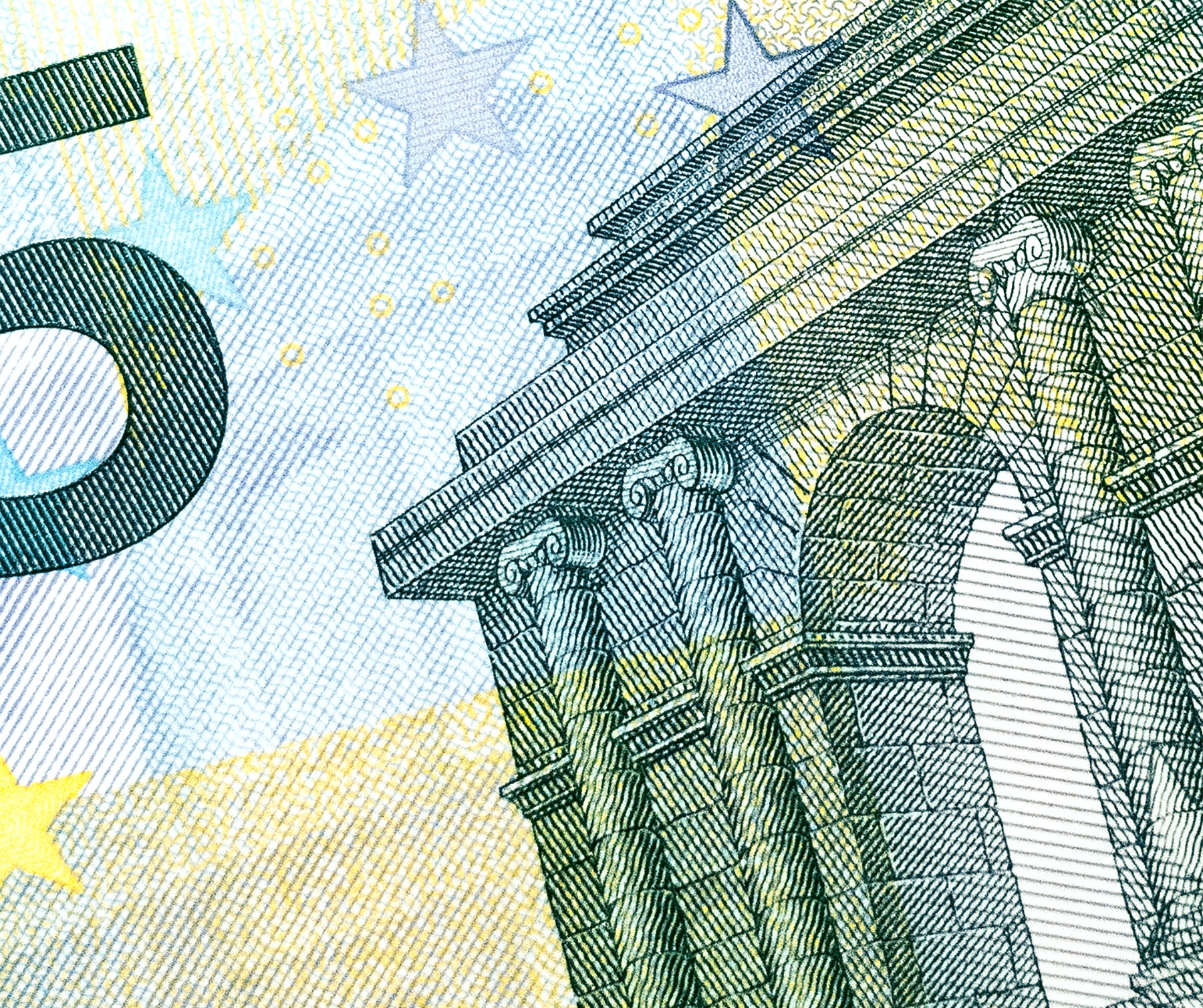
The last ten years have seen a large uptake on the rate of M&A activities in pharma sector, in a natural move to consolidate the industry. M&A activity can be considered as the ritual passage of a sector towards the mature state; a situation where entrepreneurship and creativity do not foster additional value creation, and economies of scale, together with safeguard of markets are the main long term strategy sought by the players to sustainably obtain return on investment.
The final aim of the acquisition strategy is the creation of a structured marketplace, where few, capital intensive, ring-fenced players focused on geography, a niche market or a boutique speciality, and behave rationally to each other in the long term

One of the usual methods that big corporations use to ‘acid test’ the next wave of top line management, is to send them to small size business units in developing countries, with full P&L responsibilities. In one hand, it will provide them with a relatively safe environment to test their overall management skills, as much externally – how fast they can learn and permeate through a completely different set-up of networks and relationships that matter, as internally, controlling operations and gaining the respect of their people, who have been usually for much longer in the market, and might (or might not) know better.
These engagements usually last about two years, before the candidate raises the ranks – which happens in most of the cases, to a bigger market. So, what is at risk?
 (CoVid19 update) -- this is a prologue to an article written in 2009, but that (unfortunately) it is again perfectly suited for the occasion. Internally or externally triggered economic dynamic changes create business cycles (7 - 10 years in developed countries, with higher cadence in developing economies). The financial market's crisis of 2009 wiped out not just a large amount of economic value and trading off the markets -- also a good number of companies, large and small. The new crisis in 2019 - that of the CoVid-SARS-19, due to the extended (almost 6 months by now) blocking of the trade due to countries' lock down- , has already impacted the economy. Massive total or temporary lay-offs, decrease by 10% - 15% of the countries' GDP and PPP recession for the population have been already calculated by the macroeconomists. Obviously tele-work, webminars, ane digitalization seem to have taken over and diffused part of the impact - but...really? On the classical business models - all those who live on manufacturing, retail, or services that cannot be served digitally, the same question than 10 years ago is posed -- will this be an V, W or L crisis....? Whichever the outcome is, readiness is a must....
(CoVid19 update) -- this is a prologue to an article written in 2009, but that (unfortunately) it is again perfectly suited for the occasion. Internally or externally triggered economic dynamic changes create business cycles (7 - 10 years in developed countries, with higher cadence in developing economies). The financial market's crisis of 2009 wiped out not just a large amount of economic value and trading off the markets -- also a good number of companies, large and small. The new crisis in 2019 - that of the CoVid-SARS-19, due to the extended (almost 6 months by now) blocking of the trade due to countries' lock down- , has already impacted the economy. Massive total or temporary lay-offs, decrease by 10% - 15% of the countries' GDP and PPP recession for the population have been already calculated by the macroeconomists. Obviously tele-work, webminars, ane digitalization seem to have taken over and diffused part of the impact - but...really? On the classical business models - all those who live on manufacturing, retail, or services that cannot be served digitally, the same question than 10 years ago is posed -- will this be an V, W or L crisis....? Whichever the outcome is, readiness is a must....
Read more: The effect of financial crisis on company's portfolios

Incentive compensation is intended to be a key driver of the company success, but only if it communicates effectively the direction and strategy of growth to sales people, if it actually motivates them to move and take steps in that direction, and if it effectively, rewards people in fairness for their accomplishments, beyond market and externalities, managing financial risk. Three different objectives, managed usually by three different functions who have not always the same goal. How to assure a seamless, coherent and transparent incentive compensation - and objective plan?
Read more: For a fistfull of dollars (Incentive Compensation)

